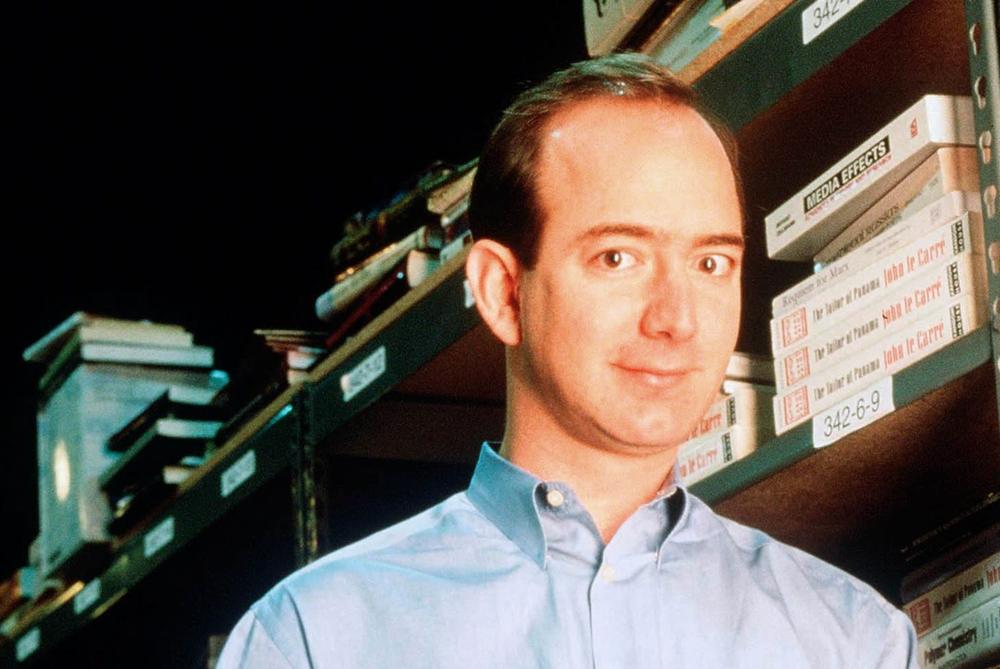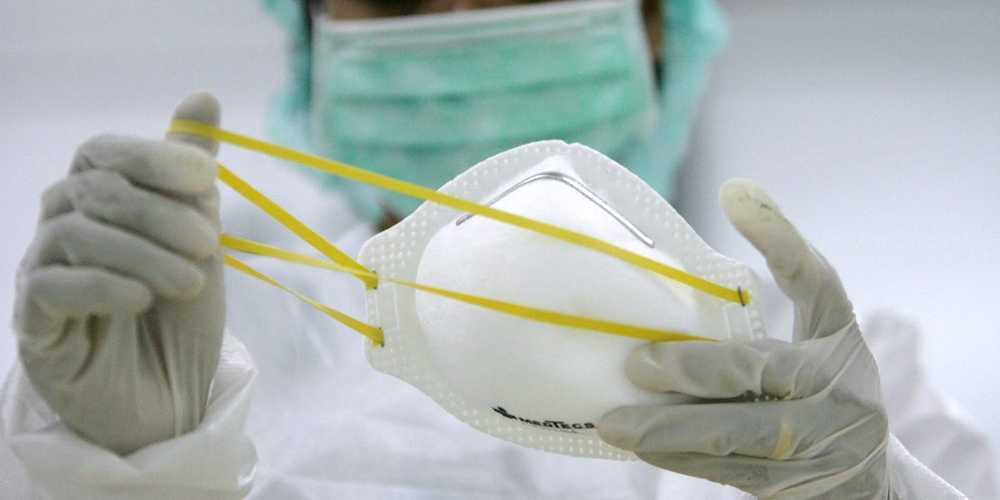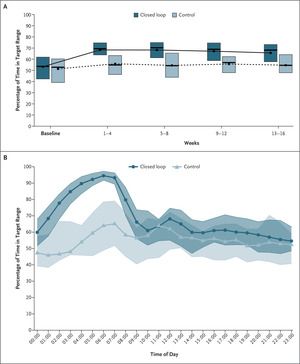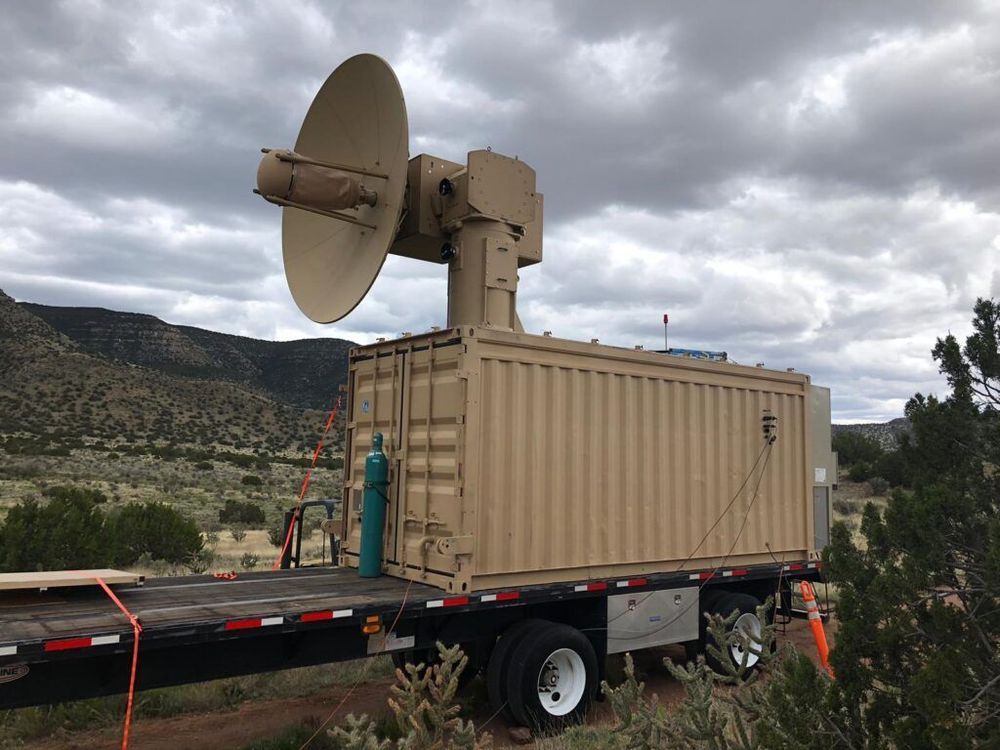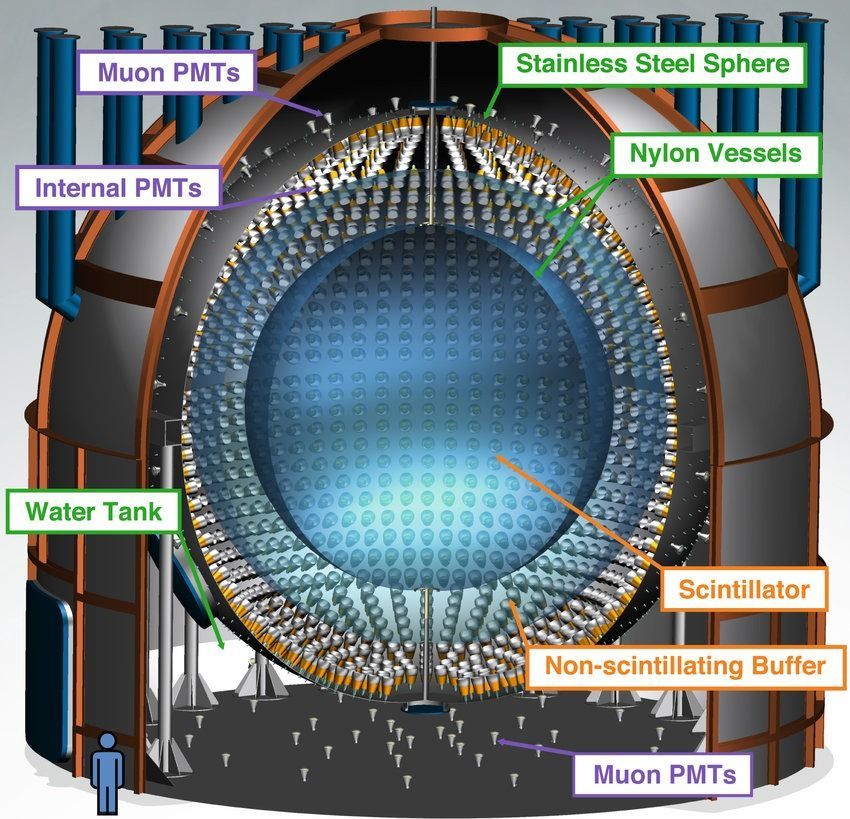Electronic components that can process information with high levels of efficiency are crucial for the development of most contemporary devices and computational tools. Reconfigurable electronics, flexible systems that can change configurations to best utilize available hardware resources, are a possible solution for enhancing processing efficiency.
Researchers at Nanjing University and the National Institute for Materials Science in Japan have recently designed new reconfigurable circuits with advanced shape-morphing and information processing capabilities. These logic and neuromorphic circuits, presented in a paper published in Nature Electronics, were fabricated using 2-D tungsten diselenide, an inorganic compound commonly used in the development of electronics.
“Current mainstream reconfigurable circuits (such as the field programmable gate array, FPGA) are based on traditional silicon circuits, using P-type or N-type field effect transistors with ‘fixed’ electrical characteristics,” Feng Miao, the researcher who led the study, told TechXplore. “For example, PN junction is always reverse-biased, and varying the drain polarity does not add new switching functionalities. Thus, these reconfigurable circuits need to use a lot of transistor resources to build complex circuit structures and eventually realize reconfigurable computing capabilities at the circuit level.”
